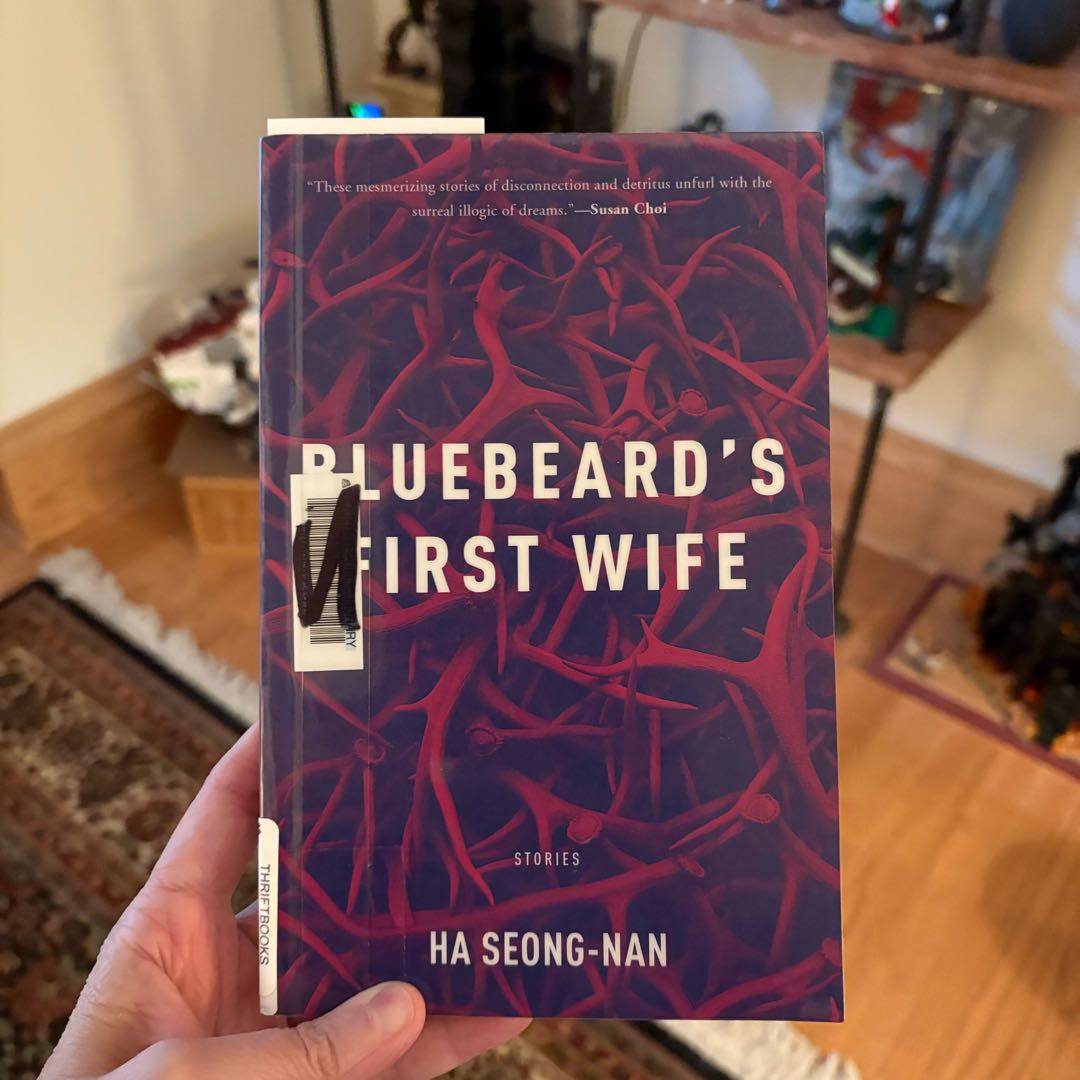
Going with a short story collection to start this spring-like November weekend. After a snowstorm earlier this week, we now find ourselves in the mid 60s. 🤷♀️

Going with a short story collection to start this spring-like November weekend. After a snowstorm earlier this week, we now find ourselves in the mid 60s. 🤷♀️
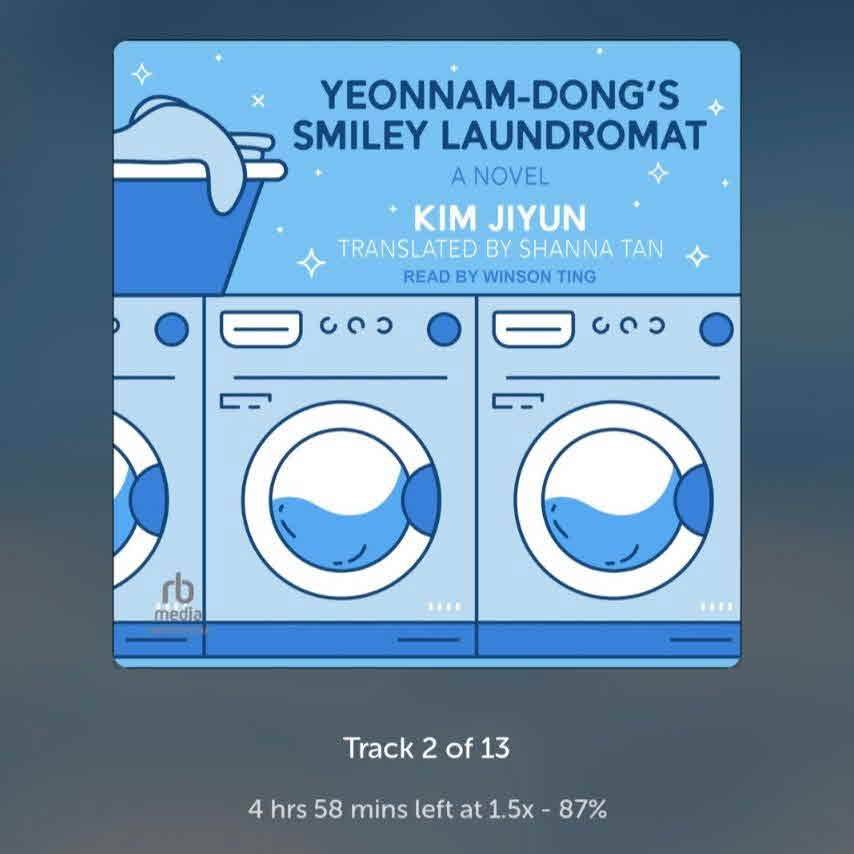
THIS WAS SUCH A GOOD READ!!
I didn't think I'd like it as much as I did, but there's something about adult problems, family stories, and happy endings that feel so good right now. Don't esp like the narrator but everyone has unique voices and the story will pull you in. Honestly, I could read more, I wanna know how the last story continues! Only 2 stories felt a bit weak but still entertaining #fiction #koreanlit
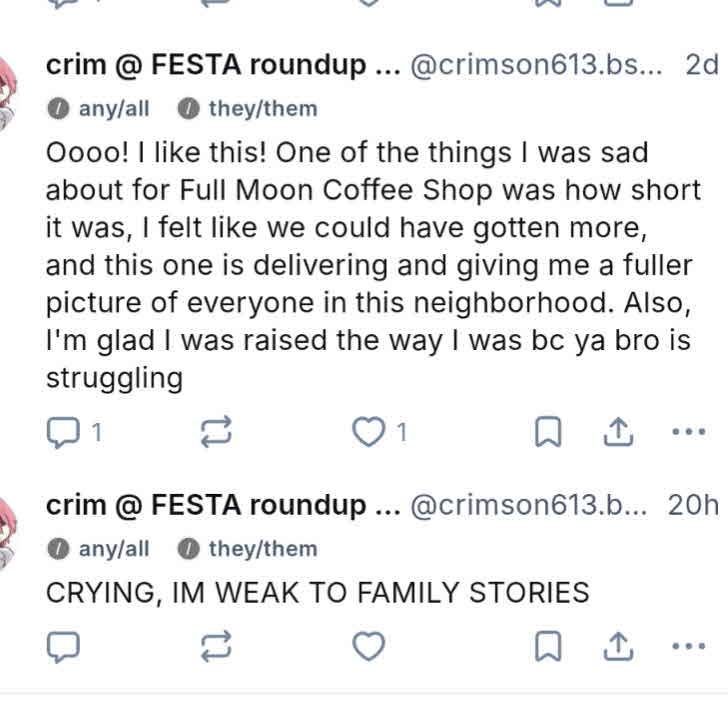
Sept 17: I'm probably SUPER BEHIND on my reading goals so will try to read more in the next few weeks. I wasn't really sure what I was in the mood for next but this one's been on my #tbr for a bit so figured why not start it now. It'll be a bit of a break to the fantasy killing ORV 😅 #amreading #koreanlit #shortstories

I found this Korean tale set in China about a young monk who dreams that he is reincarnated into a golden boy who a) aces his exams, b) gets & beds 8 fairy wives 😱, c) wins all his battles & d) becomes the Emperor's favourite minister, all as a *punishment* for drinking wine, quite funny. It's possible that the serious Buddhist sub-text went over my head... I will say it is a surprisingly easy read for a 17th-c classic.
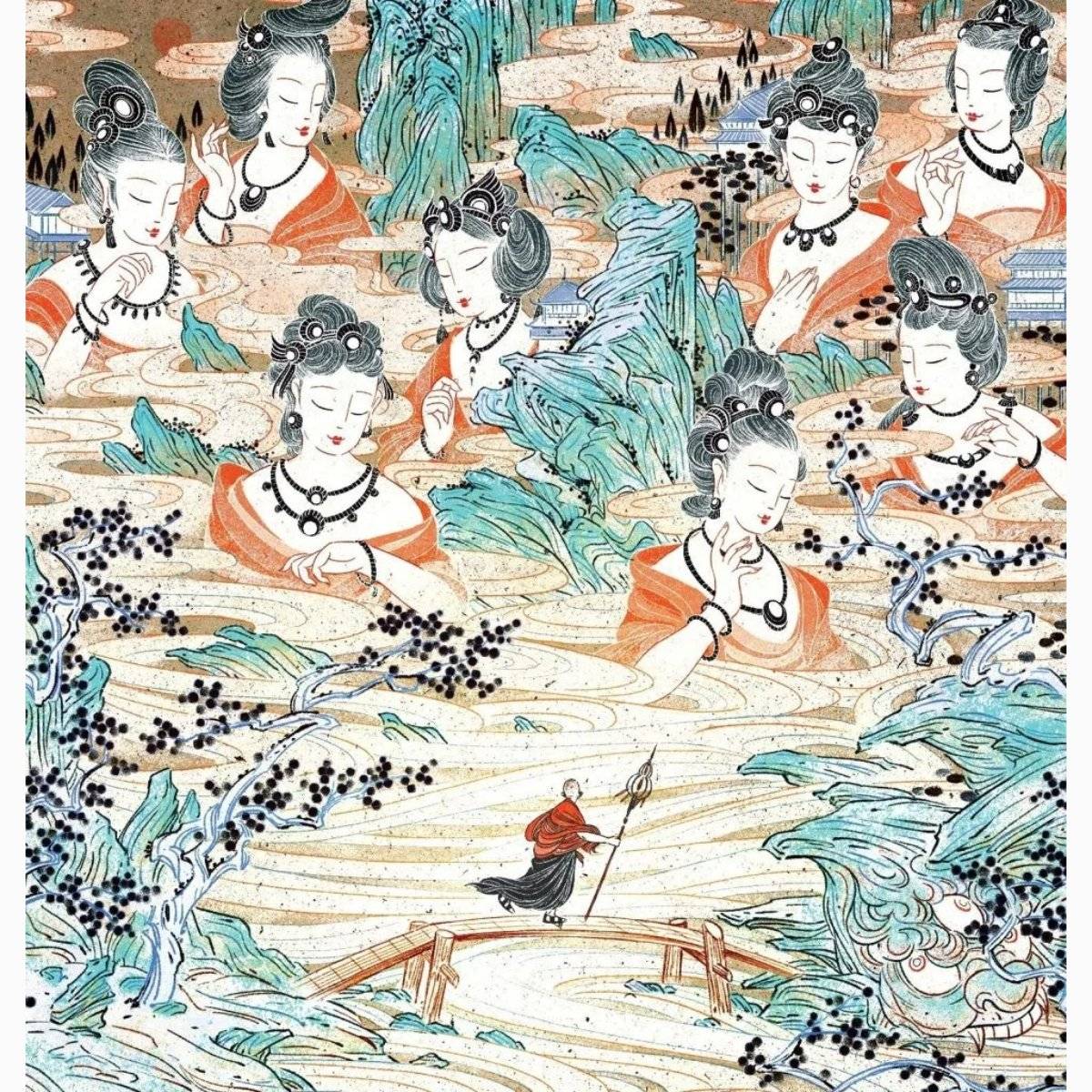
I meant to read this for #FoodandLit #SouthKorea but never did! I was slightly apprehensive about keeping people & events straight (it is a 17th-c. novel with stories inside stories). It's still early days, but it's been fine so far. Even fun! The end-notes are quite helpful...
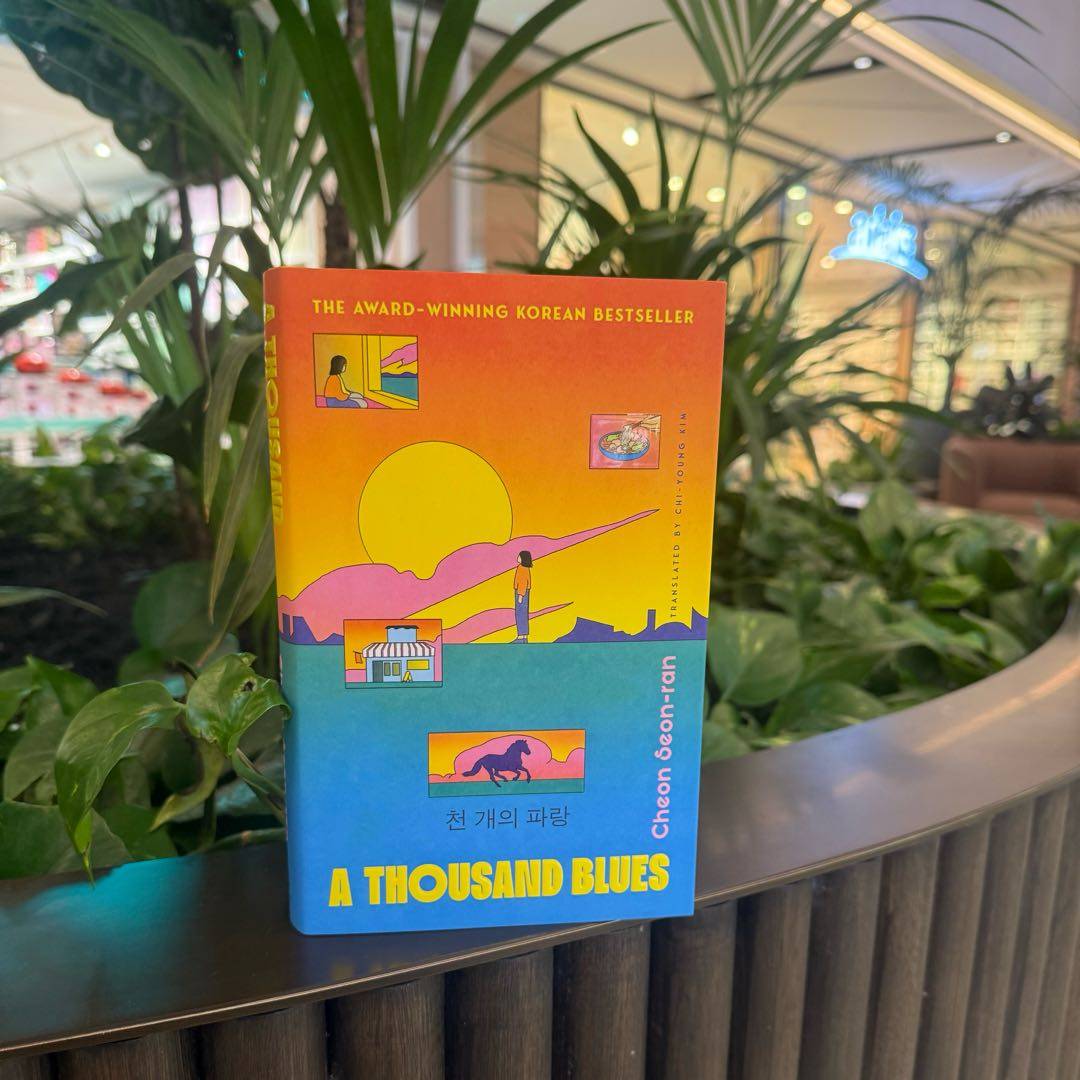
I need to stop walking past book shops…
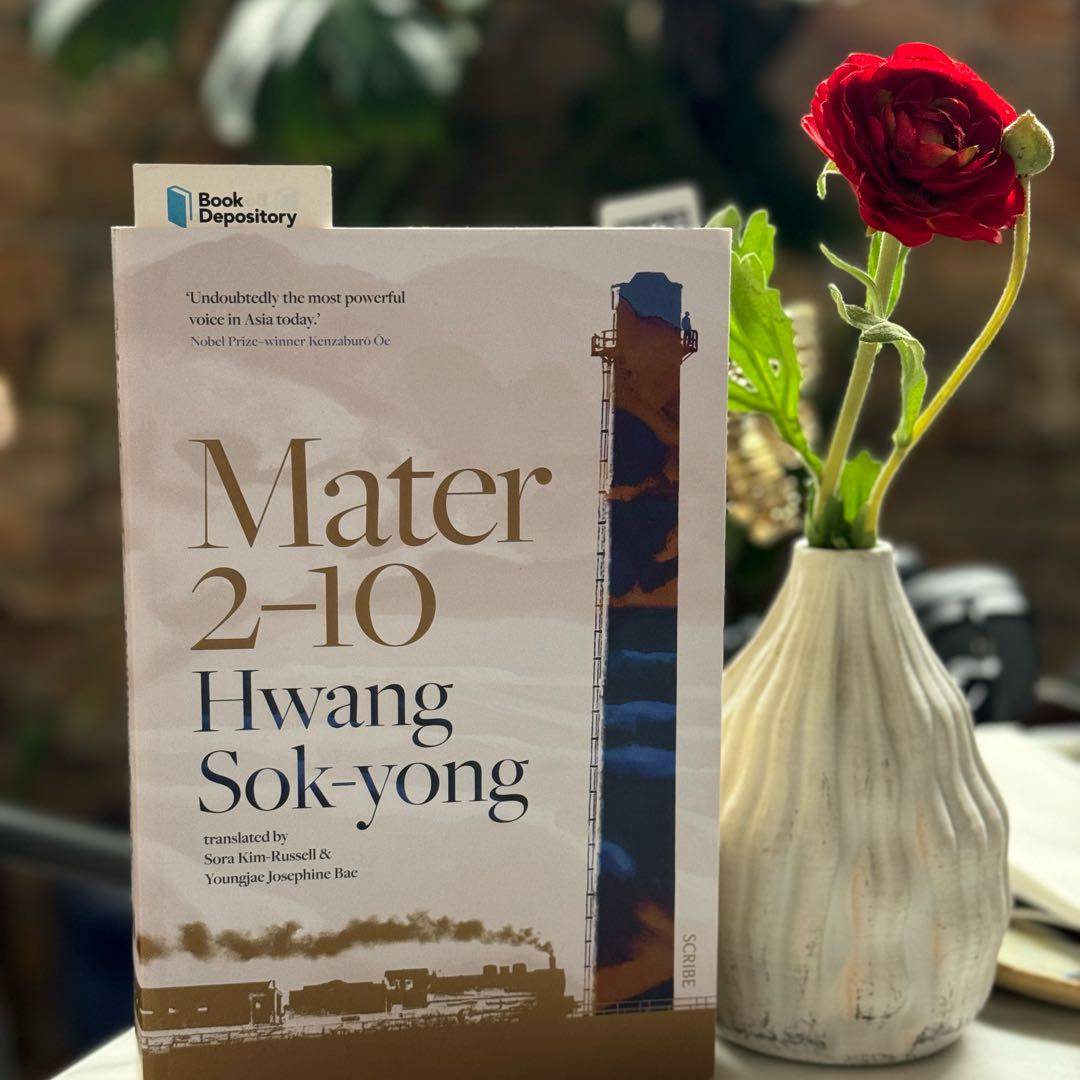
#JuneSpecials Day 12: #RedRose paired with my book club title last year that I abandoned. Maybe I will get around to reading it again.
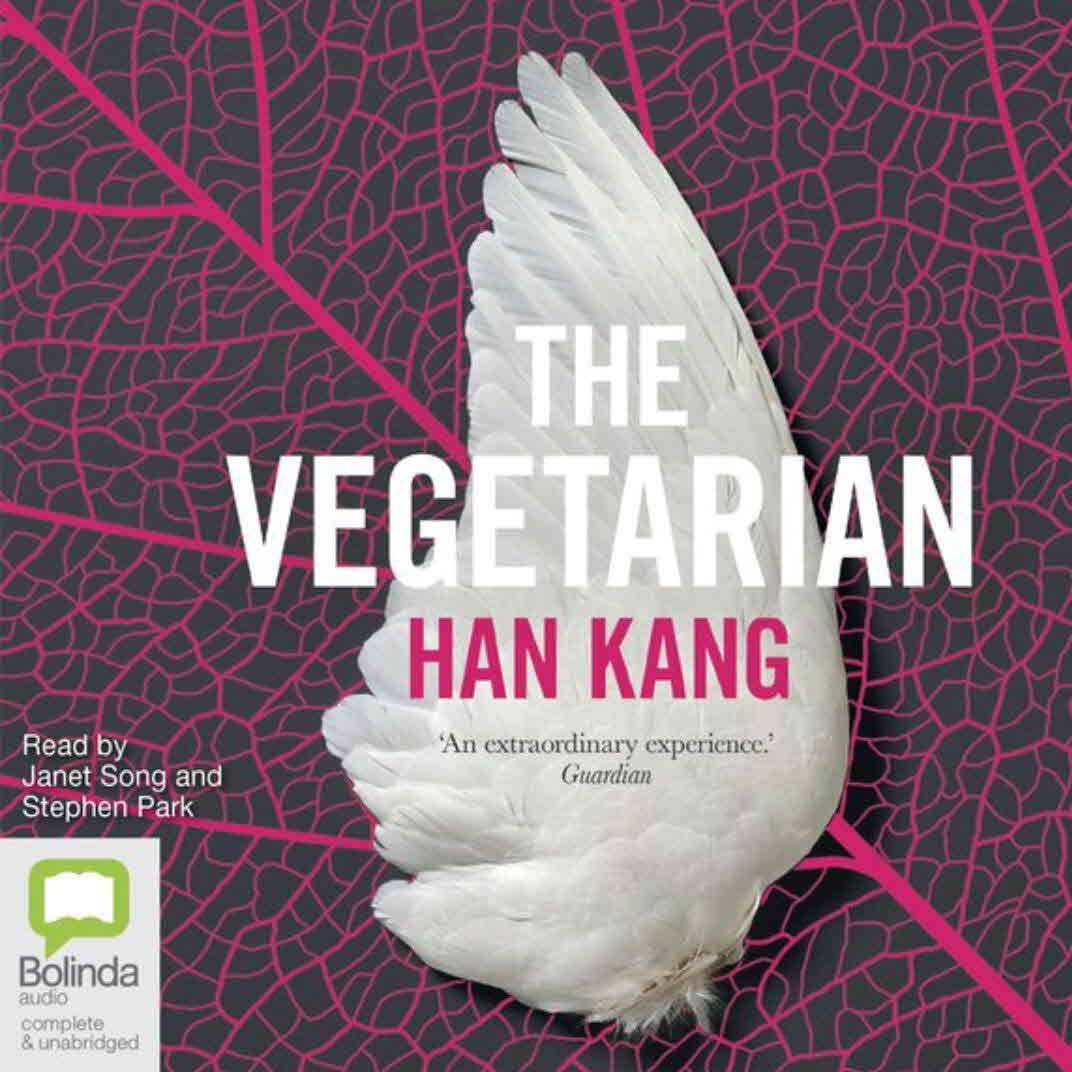
Oh, this horrible book! I don't mean it is poorly written: I mean that reading it troubled me, partly because I am a woman who has chosen a plant-based diet but mostly because of the disturbing behaviour Yeong-hye experiences at the hands of the other characters.
(Note to self: best stop joking about wanting chloroplasts so I can photosynthesise. I love my food; I just get fed up of the daily catering duty.)
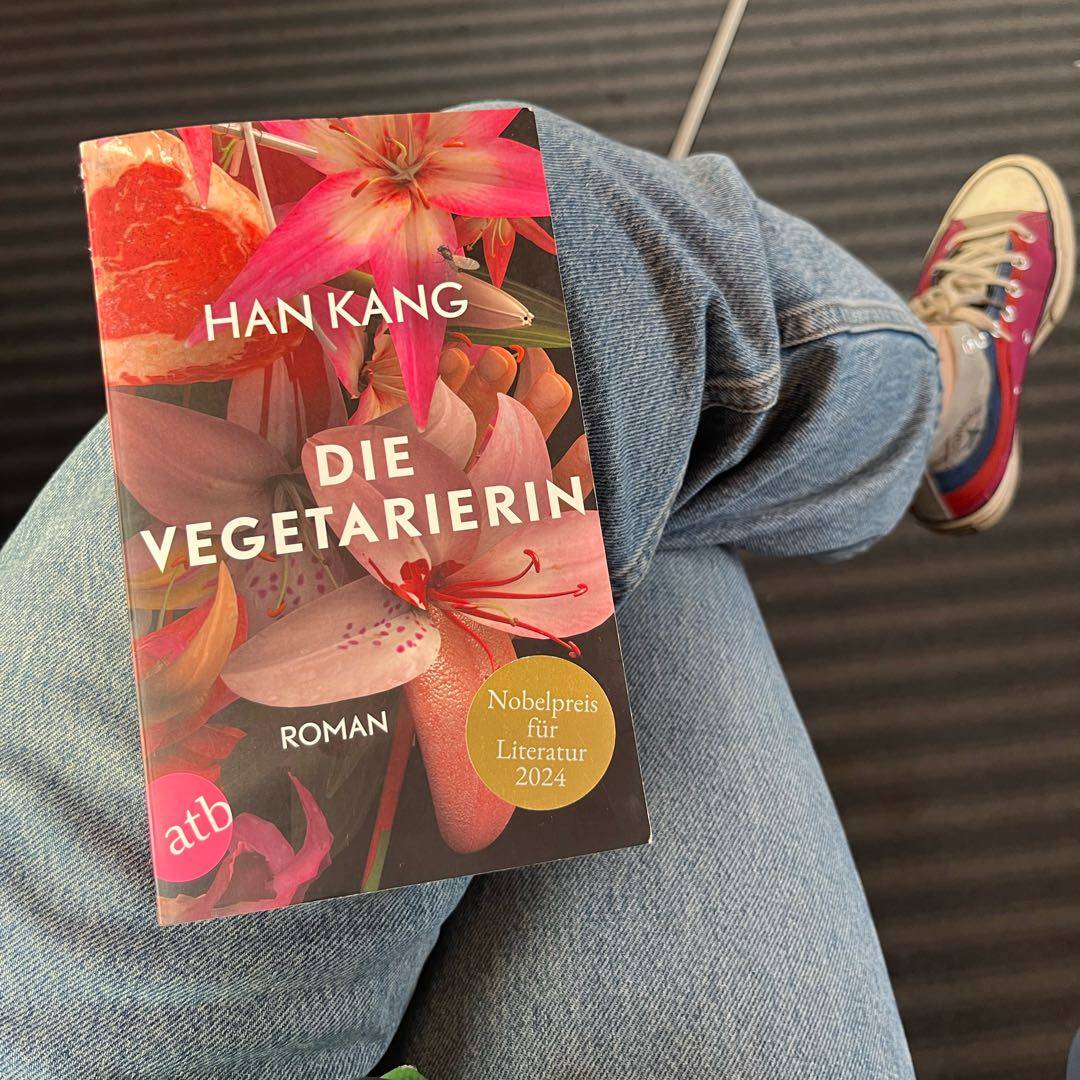
Enjoyed this fantastic story about an ordinary woman transforming to a rebel overnight. For me, the book is about the surge for belonging and oneness with sth bigger, in a world that is actually characterized by hyperindustrialization, societal norms and social alienation.
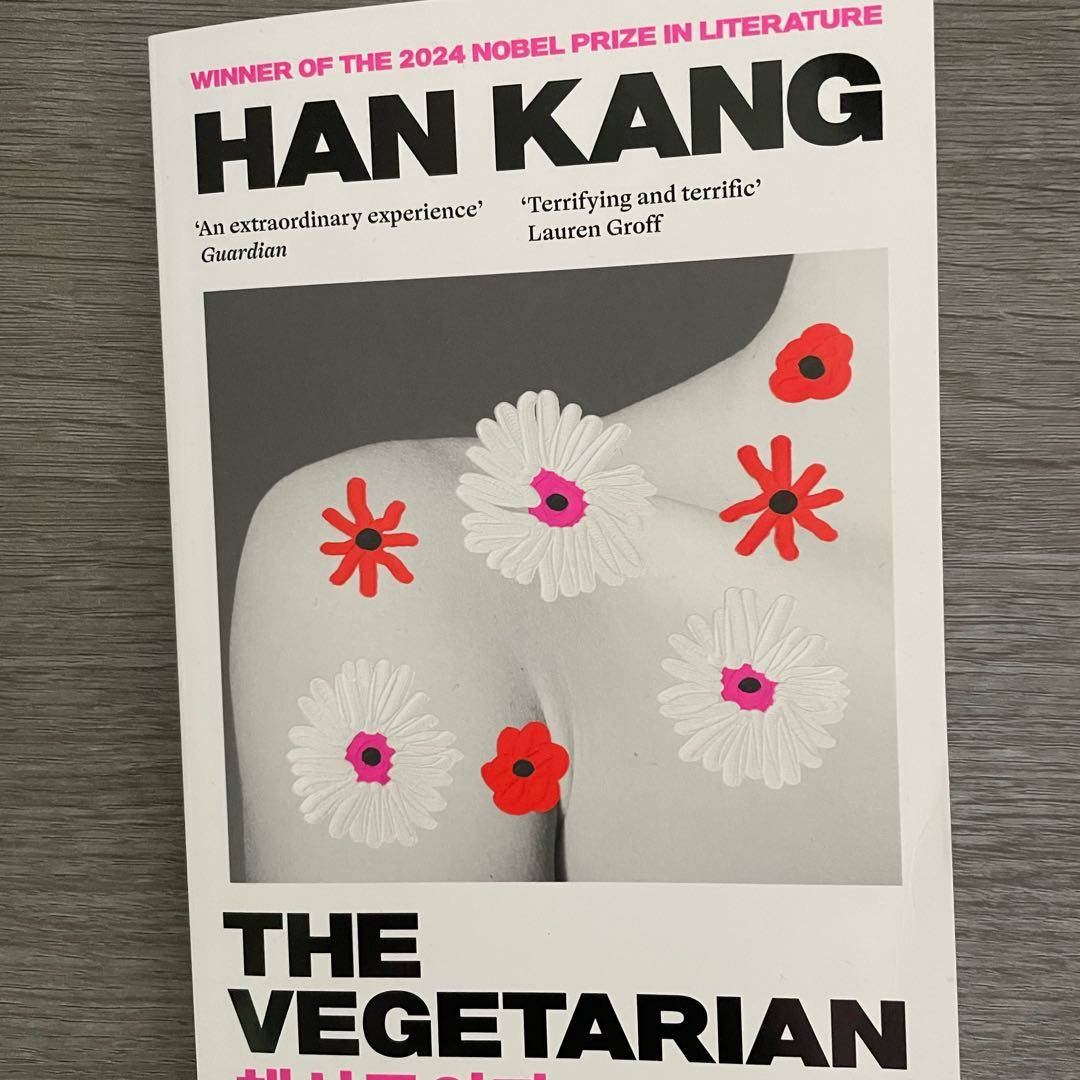
Yeong-hye stops eating meat and her story is told through the eyes of her husband, brother in law and sister (no spoiler). I can‘t say more yet digesting but I was surprised shocked moved…